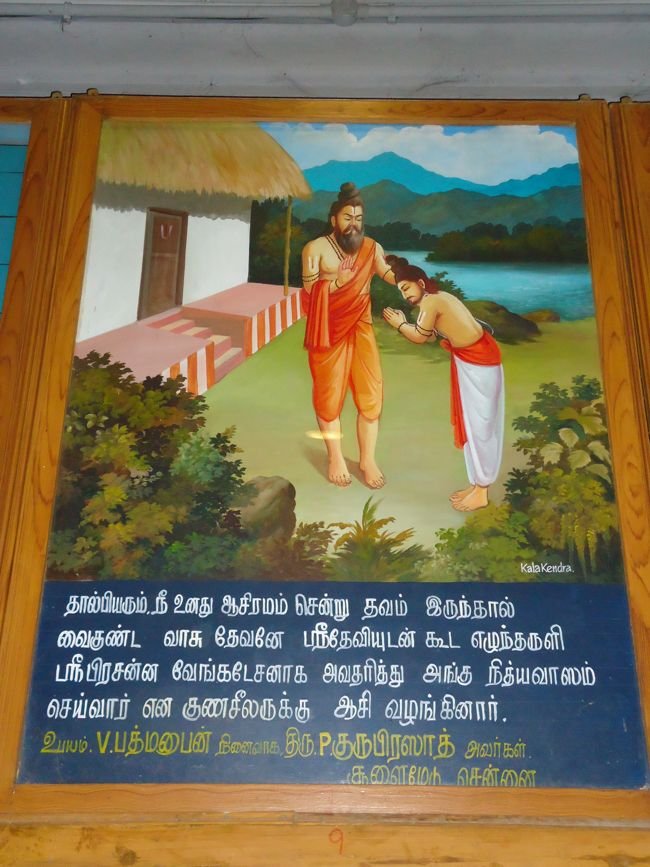first at @pygotham today, we have "The Automatic Computer and You: A Meditation Upon The History And Future Of Software Development". yes, it's a @glyph keynote! #pygotham
Stop doing that. We have more understanding of our impact and should be more responsible with how we apply software to a field. #pygotham
Glyph suggests we, at this point, go check out James Mickens' talk "Technological Manifest Destiny", which questions the idea that Technology Is Always A Good Thing And Adding More Of It Makes Things Better™ #pygotham
What are computers good for, anyway? "Video games." #pygotham
But this was an example of a pattern that has happened a lot in software: an originally-minor component of a little-used product garners much more interest than the thing that spawned it. See: Slack, Flickr… #pygotham
Way before that… @glyph tells us that Alan Turing wanted to make a chess game, but had to invent computers first. #pygotham
Therefore… computers aren't good for anything else — just video games. #pygotham
#pygotham
Well, broaden your perspective. "The boringness of spreadsheets is a cliché." [ed: SPREADSHEETS ARE NOT BORING EXCEL RUNS THE WORLD] #pygotham
So spreadsheets are, relatively speaking, more enjoyable. #pygotham
Automation is enjoyable! #pygotham
Creativity is also enjoyable! #pygotham
Early computers were used to design and test the first atomic bombs. Which, oh hey, another piece of massively disruptive technology. #pygotham
Everywhere you look, software is causing massive incidents. What can we do to stop this and do better?
#pygotham
Twisted, though has an example of what a software project that would take All Eternity to build. #pygotham
How do you do a thing that takes 100 years? Your kids and even their kids won't be around to enjoy it. #pygotham
#pygotham
More from All
@franciscodeasis https://t.co/OuQaBRFPu7
Unfortunately the "This work includes the identification of viral sequences in bat samples, and has resulted in the isolation of three bat SARS-related coronaviruses that are now used as reagents to test therapeutics and vaccines." were BEFORE the

chimeric infectious clone grants were there.https://t.co/DAArwFkz6v is in 2017, Rs4231.
https://t.co/UgXygDjYbW is in 2016, RsSHC014 and RsWIV16.
https://t.co/krO69CsJ94 is in 2013, RsWIV1. notice that this is before the beginning of the project
starting in 2016. Also remember that they told about only 3 isolates/live viruses. RsSHC014 is a live infectious clone that is just as alive as those other "Isolates".
P.D. somehow is able to use funds that he have yet recieved yet, and send results and sequences from late 2019 back in time into 2015,2013 and 2016!
https://t.co/4wC7k1Lh54 Ref 3: Why ALL your pangolin samples were PCR negative? to avoid deep sequencing and accidentally reveal Paguma Larvata and Oryctolagus Cuniculus?
Unfortunately the "This work includes the identification of viral sequences in bat samples, and has resulted in the isolation of three bat SARS-related coronaviruses that are now used as reagents to test therapeutics and vaccines." were BEFORE the

chimeric infectious clone grants were there.https://t.co/DAArwFkz6v is in 2017, Rs4231.
https://t.co/UgXygDjYbW is in 2016, RsSHC014 and RsWIV16.
https://t.co/krO69CsJ94 is in 2013, RsWIV1. notice that this is before the beginning of the project
starting in 2016. Also remember that they told about only 3 isolates/live viruses. RsSHC014 is a live infectious clone that is just as alive as those other "Isolates".
P.D. somehow is able to use funds that he have yet recieved yet, and send results and sequences from late 2019 back in time into 2015,2013 and 2016!
https://t.co/4wC7k1Lh54 Ref 3: Why ALL your pangolin samples were PCR negative? to avoid deep sequencing and accidentally reveal Paguma Larvata and Oryctolagus Cuniculus?




















